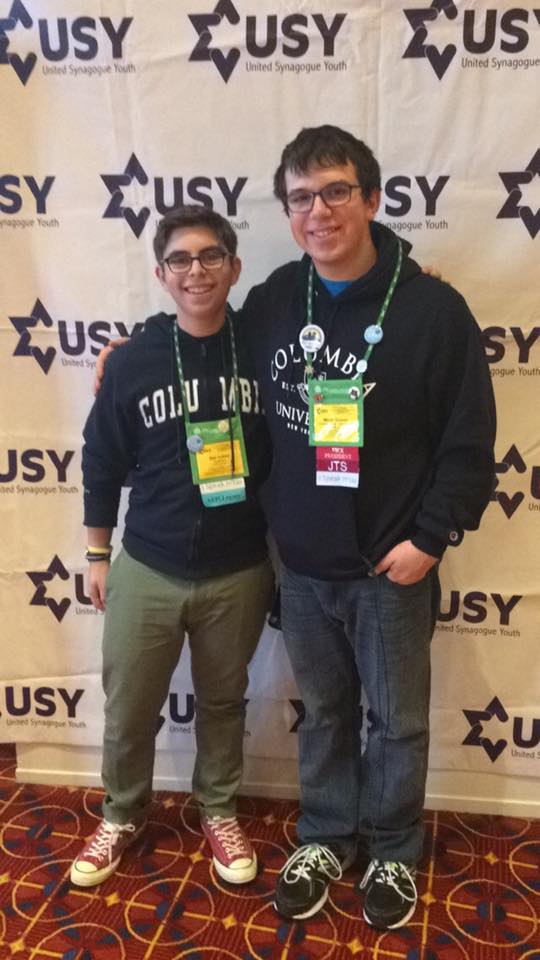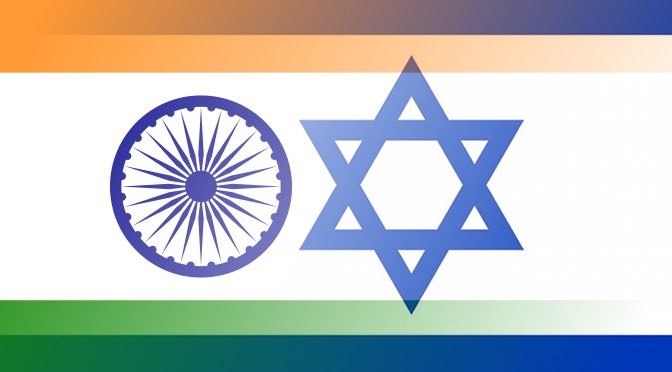|
We can't wait to see you at Formal tomorrow night!
|
Don't miss out on all of the fancy fun!
|
|
|
|
A Message from Ilan Cohen, newly appointed International General Board (IGB) freshman representative:
|

"I'm really excited to be on International General Board (IGB) this year as one of the First Year Representatives. This is a new position as of this year aiming to help strengthen the current freshman class and give them more of a say in USY. Starting in spring, I'll also be working with the class of 2020. I'm already having a lot of fun working with Liran Maayani, the other freshman first year rep. We already have so many ideas that we can't wait to share with USY. If you ever have any suggestions, questions, comments, concerns, or you just want to talk, let me know! I'm looking forward to a really exciting year." - Ilan
|
|
|
USY Basketball Games!
|
Want to see your USY friends play basketball? Come out to Richard Montgomery High School!
|
|
|
Update from Louis Popkin, International and Regional Communications VP
|
Before my wonderful update, ask yourself, what is Louis' actual job? what does being communications vice president mean? Well, you're in luck because I have the answer to your questions.
Communications is about accessibility to information with successful feedback. That means delivering a message or invitation from one place to another by any means possible in order to achieve a desired action. Wow! That sounds similar to what every board position does! A President communicates with their board to make sure everything is functioning within the chapter/region. An Israel Affairs VP better educates others on Israel in order to share the important values of Israel. A Religion/Education VP educates and prepares Jewish teens to lead Jewish lifestyles. A Social Action/Tikun Olam VP presents issues in modern society, provides a call to action and promotes social change. A Membership/Kadima VP works to maintain and build upon membership.
A Comm h
as the most broad job area out of any position. In the business world we're the chief marketing officer, chief technology officer, chief information officer and the CEO's
secretary. We basically run the whole corporation from behind the scenes. In USY, it's
the same. At encampment, I was the scorekeeper for macabiah. I make sure people are taking pictures at the right times and collect the photos to post. I put jokes and funny animal pictures in the bathrooms at conventions or have little Jewish elves do it for me. I administer facebook groups. I take notes at meetings(especially the silly stuff like what Jordan says). Most importantly, I'm a resource to my board. I'll help them whenever they have tech/social media related questions or to create graphics and make events.
Now for my update: things are good.
|
|
|
| |
|
 Changemaker: Uri Farber Changemaker: Uri Farber
Changing the world one Seaboarder at a time
For the last five months, Uri has been working on the "TO-rah" initiative. With the goal to enrich USYers with the incredible mitzvah of learning and participating in t'filah in mind, Uri turned his passions and talents into an incredible project that both inspires Seaboarders as well as raises money for TO, USY's donation fund. Here's my talk with him.- Maddie Dahl, Social Action/Tikun Olam VP.
Q: What motivated you to take on this project?
Uri: While talking to many USYers I discovered an alarming lack in Jewish knowledge, but a great yearning for it. I wanted to help Seaboard fill this void, so I decided to write a d'var torah for each week's parshah. [So,] f
or a few months, I wrote one every Friday afternoon and uploaded it to the Seaboard Facebook group. But seeing the great interest, participation, and discussion of Seaboarders created a much bigger picture: in order for them to truly learn and trust their Jewish knowledge they would need to be a part of the d'var torah writing process.
Q: How did you go about coordinating and motivating USYers to participate?
Uri: At the bottom of one week's d'var torah, I put a link to a signup sheet with a list of every parshah on it. I explained that I would help with research, ideas, answer questions, and even edit. I sat back and waited for responses to flood in. I waited. And waited. And waited. I then decided that I needed to kickstart things a little bit.
I added a little more to sweeten the deal of signing up by promising to give one dollar to TO for each parshah. And so began the "TO-rah" initiative. So far I have raised $17, which out of the 37 parshiot, isn't that bad. But I know we can raise a lot more!
Q: What have you learned from the TO-rah iniative?
Uri:
The "TO-rah" initiative has proven to me what I already knew: USYers have a lot more Torah to share than they give themselves credit for. Everyone can offer their own interpretation. Each commentary is as valid as any other. My hope is that those who have taken the time to write a d'var torah by themselves, or with me, have learned that even if they aren't a Rel/Ed, on Executive Board, the child of a rabbi, or day-school educated they can still teach and enrich others lives with Torah.
Keep up the good work, Uri! Do you or someone you know have a changemaking project you want to share? Email Maddie Dahl at [email protected]!
|
|
Extra! Extra! Read all about it! Have you heard about Israel's relationship with India?
When you think of the different friendships and relationships that Israel has around the world, the first that probably comes to your mind is America. The United States provides a large sum of money to Israel which funds the Iron Dome, Israel's state of the art anti-missile defense system, and other revolutionary technological advancements. But there is another strong ally of Israel that dates back to before establishment of the Jewish state: India.
The Israel-India relationship began almost 70 years ago in the midst of the British Mandate of Palestine and the British Raj in India. At this time the strong Zionist advocate and soon to be Prime Minister of Israel, David Ben Gurion, became very close with Mahatma Gandhi, the leader of India's independence movement. Ben Gurion was inspired by Gandhi's peaceful tactics (which led to the independence of India in 1947), so when the British reign in Palestine concluded in 1948, Ben Gurion modeled Israel's journey to statehood after Gandhi's.
Now, in the 21st century, the symbiotic relationship between Israel and India still not only exists, but flourishes. From agricultural advancements to revolutionary technology, the collaboration of these two major countries has led to an incredible amount of success.
A major issue that India and Israel work together on is agriculture. In 2008, India and Israel established a $50 million Agriculture Cooperation Agreement. This agreement focuses on improving India's irrigation system and farming technologies to create an environment of better produce and economic prosperity. Since that agreement, the two countries have both seen large improvements in their respective development of agriculture.
Another large part of this symbiotic relationship is counterterrorism technology. Since both countries have had issues with radical Islamic extremists, this aspect of the relationship is essential to both sides. Since 2012, India has purchased over 1,000 assault rifles, 8,356 anti-tank guided missiles, a large amount of Israeli-made fighter jets, and many other Israeli defense tools. In return, Israel has received over $2 billion which has boosted Israel's economy and continued research and development in the counterterrorism field.
As you can see, the symbiotic relationship between Israel and India continues to help both countries reach new heights in ways that they could not do without the other country's support.
- Jordan Kalfon
Israel Affairs Vice President
|
 |
|
REGISTRATION FOR KINGS DOMINION DAY
IS NOW OPEN!
|
Join over 250 USYers and Kadimaniks for an amazing day of thrills and fun at Kings Dominion!
Click here to register today!
|
|
|